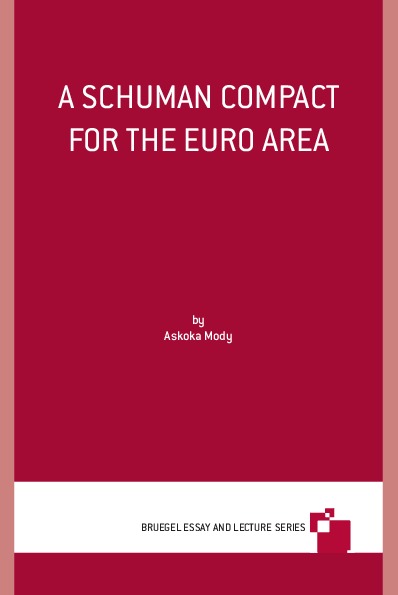Essay / Lecture
A Schuman compact for the euro area
Five years of crisis have pushed Europe to take emergency financial measures to cushion the free fall of distressed countries. However, efforts to turn the crisis into a spur for “an ever closer union” have met with political resistance to the surrender of fiscal sovereignty. If such a union remains elusive, a perpetual muddling ahead risks generating economic and political dysfunction. It may be time to recognize and render more effective the de facto decentralisation in Europe.
Five years of crisis have pushed Europe to take emergency financial measures to cushion the free fall of distressed countries. However, efforts to turn the crisis into a spur for “an ever closer union” have met with political resistance to the surrender of fiscal sovereignty. If such a union remains elusive, a perpetual muddling ahead risks generating economic and political dysfunction. It may be time to recognize and render more effective the de facto decentralisation in Europe.
The Schuman Compact, proposed by ” target=”_blank”>restructuring in debt contracts, using sovereign CoCos.
a strategy as outlined by me with colleagues of the Glienicker Gruppe, or decide to follow the path towards a Schuman Compact as outlined here. Reading well-argued pieces like this essay, and debating the central questions with the Bruegel community, will help in making the right decision.
Guntram Wolff, Director, Bruegel Brussels, November 2013"








